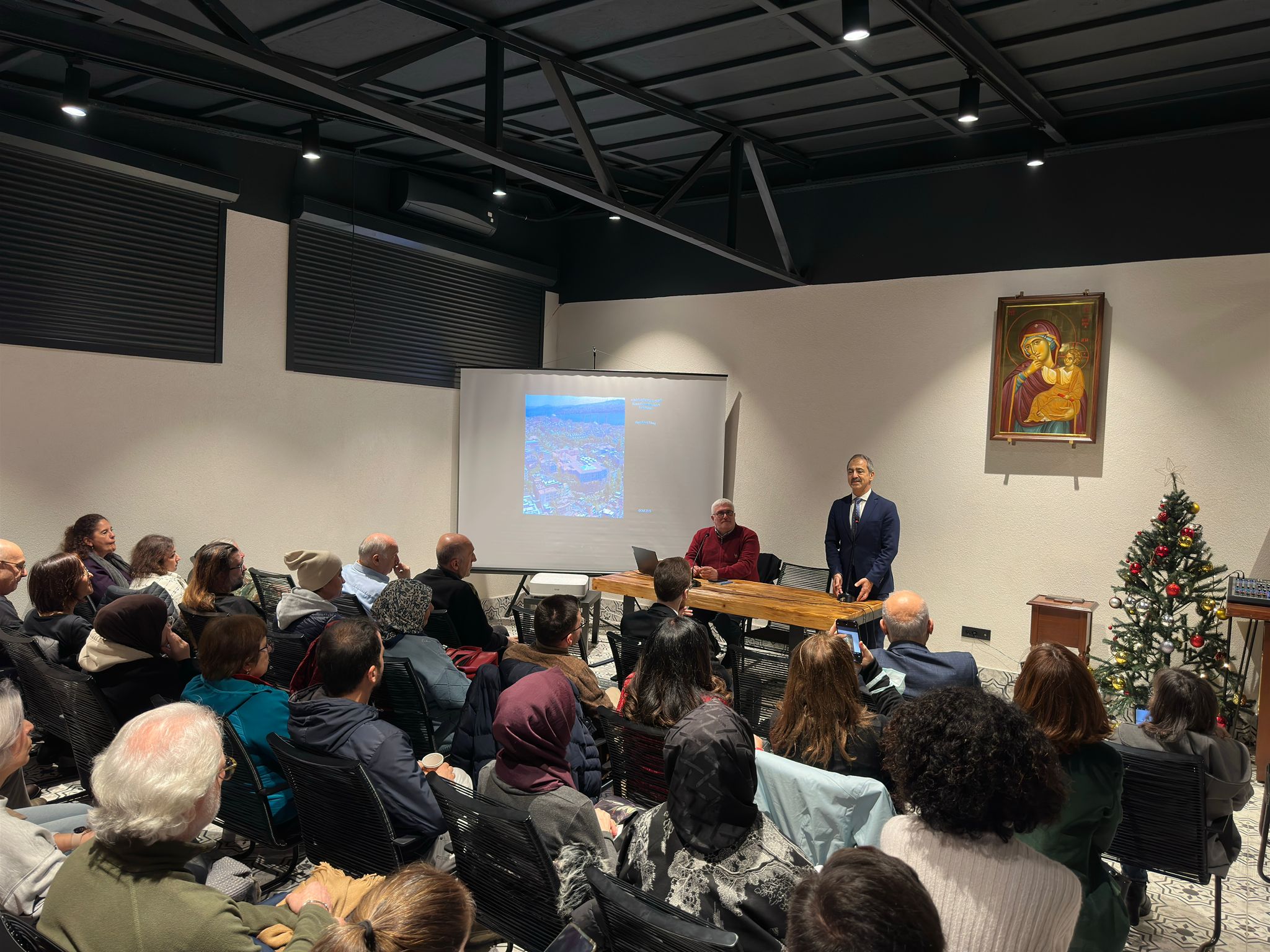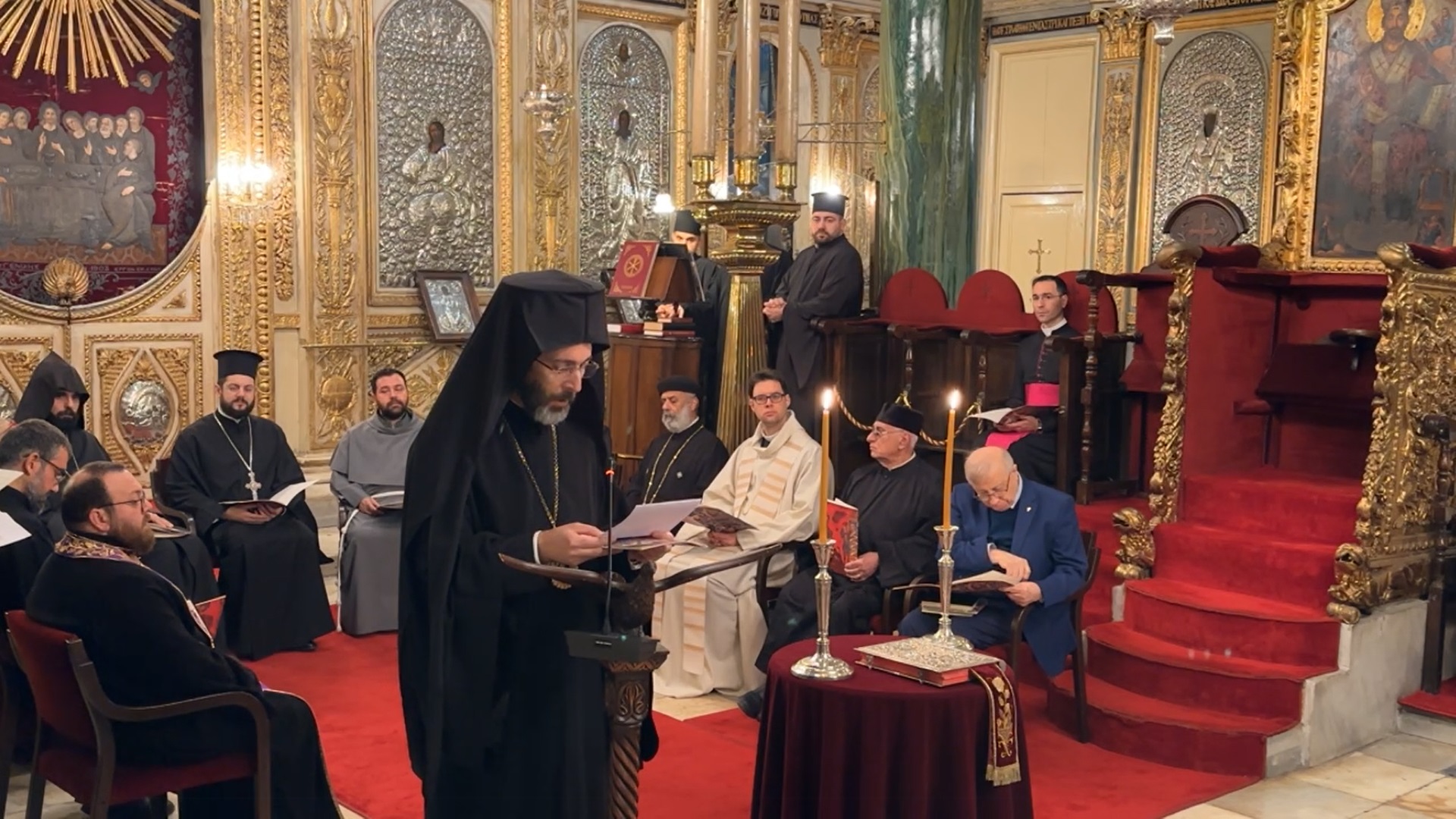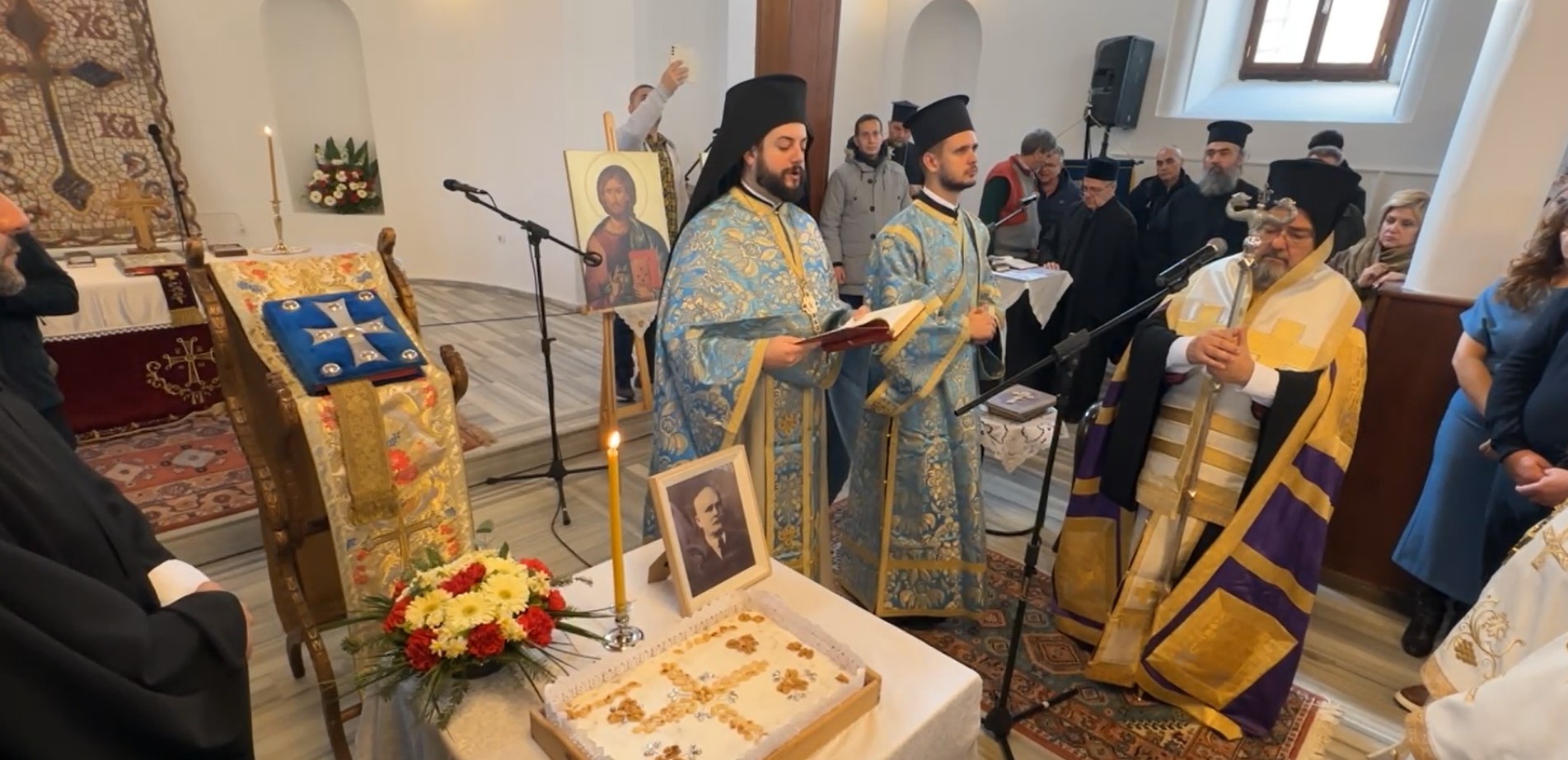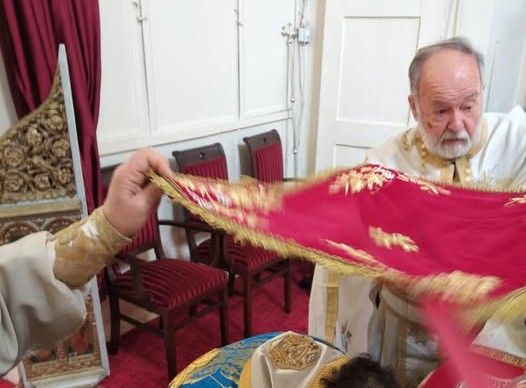Venerable Pambo the Hermit of Egypt (18 July)
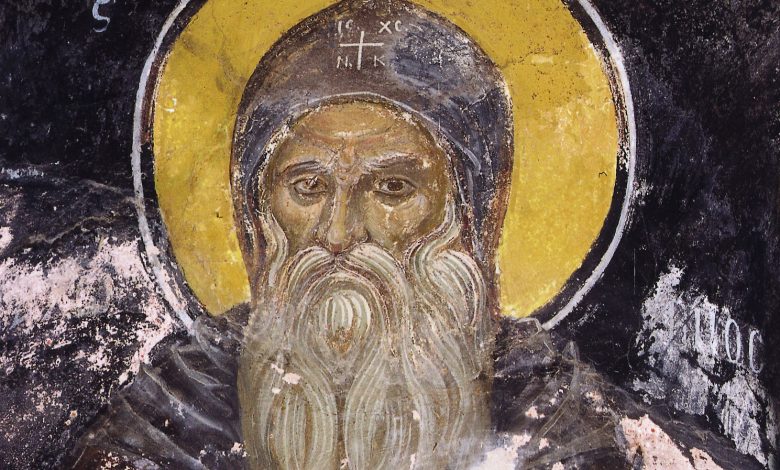

Saint Pambo lived the ascetic life in the Nitrian desert in Egypt. Saint Anthony the Great (January 17) said, that the Monk Pambo by the fear of God inspired within himself the Holy Spirit. And the Monk Pimen the Great (August 27) said: “We beheld three things in Father Pambo: hunger every day, silence and handcrafts”. The Monk Theodore the Studite termed Saint Pambo “exalted in deed and in word.”
At the beginning of his monasticism, Saint Pambo heard the verses from the 38th [39th] Psalm of David: “preserve mine path, that I sin not by my tongue”. These words sank deep into his soul, and he attempted to follow them always. Thus, when they asked him about something, he answered only after long pondering and prayer. He would say, “I must think first, and perhaps I can, in time, give an answer, with God’s help.” Saint Pambo was a model of a lover of work for his disciples. Each day he worked until exhausted, and lived by the bread acquired by his own toil.
The disciples of Saint Pambo became great ascetics: Dioscorus, afterwards Bishop of Hermopolis (this Dioscorus, bishop of Hermopolis, is distinguished from another Dioscorus, an arch-heretic and Patriarch of Constantinople who lived rather later and was condemned by the Fourth Ecumenical Council), and also Ammonius, Eusebius and Euthymius, mentioned in the life of Saint John Chrysostom. One time Saint Melania the Younger (December 31) brought Saint Pambo a large amount of silver for the needs of the monastery, but he did not leave off from his work nor even glance at the money that was brought. Only after the incessant requests of Saint Melania did he permit her to give the alms to a certain monastic brother for distribution to the needs of the monastery. Saint Pambo was distinguished by his humility, but together with this he highly esteemed the vocation of monk and he taught the laypeople to be respectful of monastics, who often converse with God.
It was said that sometimes Saint Pambo’s face shone like lightning, as did the face of Moses. Yet, speaking to the brethren who stood about his deathbed, Saint Pambo said: “I go to the Lord as one who has not yet begun to serve Him.” He died at the age of 70.
Pambo was an Egyptian and an ascetic on Mount Nitria. He was a contemporary of St. Anthony the Great, and was himself great in monastic asceticism. He was known particularly for two characteristics: through long training he sealed his lips so that he did not speak one unnecessary word; and he never ate any bread except that which he earned with his own hands by weaving reeds. He was like an angel of God and, in later years, his face shone like the face of Moses once did–so much so that the monks were unable to look him in the face. He never gave a quick reply, even to a simple question, without first praying about it and contemplating it in his heart. Patriarch Theophilus of Alexandria once visited the monks in Nitria.
The monks begged Pambo, saying: “Give the patriarch an edifying word, which would be of benefit to him.” The quiet Pambo replied: “If he does not benefit by my silence, he will not benefit by my word.” Once, St. Pambo traveled throughout Egypt with his monks. They came upon a group of men who remained seated as the monks passed by. St. Pambo addressed them and said: “Arise and greet the monks, that you may receive a blessing from them; for they continually converse with God and their lips are holy.” This glorious saint was able to clearly discern the destiny of both the living and the dead. He rested in the Lord in the year 386 A.D.
Source: oca.org / westserbdio.org


